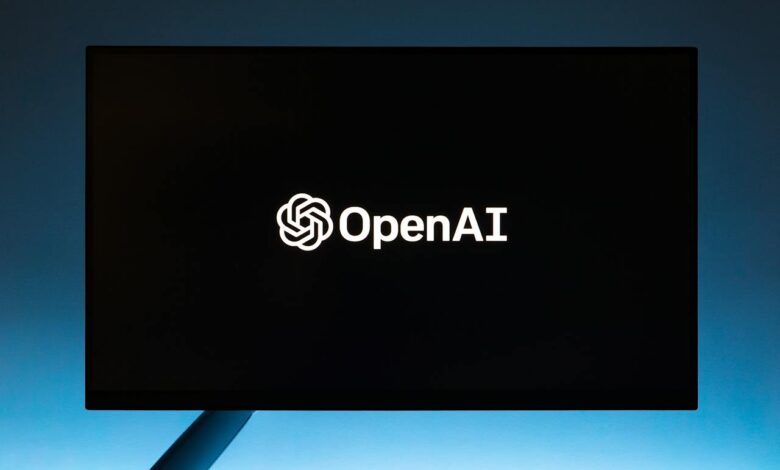
Artificial intelligence research company OpenAI announced a new initiative this week aimed at diversifying and expanding the data used to train AI models called Data Partnerships. Through the program, OpenAI plans to collaborate with third-party organizations to build new public and private datasets for AI training.
Aiming to be more fair and accurate, OpenAI wants to present better data
According to OpenAI, the goal is to create more fair, accurate, and beneficial models by exposing them to a broader range of data that better reflects diverse languages, cultures, and subject matters. Current AI datasets tend to suffer from issues like Western-centrism, lack of diversity, and inclusion of toxic or biased content.
“To ultimately make [AI] that is safe and beneficial to all of humanity, we’d like AI models to deeply understand all subject matters, industries, cultures, and languages, which requires as broad a training data set as possible,” OpenAI said in a blog post announcing the program.
Models and understanding across platforms can happen with training
By working with partners to collect large-scale datasets across modalities like text, images, audio, and video, OpenAI hopes to improve model understanding beyond what can easily be scraped from the internet today. The company says it will work to remove any sensitive or personal information and will offer options for keeping datasets private.
OpenAI has already partnered with organizations like the Icelandic government, Free Law Project, and Miðeind ehf on early versions of the program. However, some experts express skepticism about whether the effort will successfully minimize the deep-rooted biases that have impacted AI models thus far.
“Overall, we are seeking partners who want to help us teach AI to understand our world in order to be maximally helpful to everyone,” OpenAI said.
Diversification of AI training data for the GPT-4 to improve
While diversifying AI training data is essential, the program also clearly stands to benefit OpenAI models like GPT-4 commercially. This perceived dual motivation, along with OpenAI’s lack of compensation for data partners, has drawn some criticism in light of accusations around the company’s use of data without permission.
Greater transparency around OpenAI’s dataset collection, bias mitigation efforts, and commercial interests will be key to gauging the impact of Data Partnerships on the AI landscape overall. But the program signifies an awareness that improving future AI requires starting with better, more representative data.
Featured Image Credit: Photo by Andrew Neel; Pexels; Thank you!
Source link




